 RSS/Atom Feeds
RSS/Atom Feeds
RSS/Atom feeds provide an alternative way of reading news, with the aid of specialized RSS/Atom reader software.
athexgroup.gr provides Atom 1.0 feeds for the following categories:
- Athens Exchange Group (ATHEX Group) announcements
- Companies announcements (via the Hermes system)
An additional feed for Financial Statements in PDF format is available to subscribers only. Please contact our Information Services department in order to obtain a subscription to this feed.
More feeds will be provided in the future.
You can subscribe to any of these feeds by means of any Atom 1.0 reader program, including (but not limited to) RSS Reader, RSS Owl, OMEA, as well as browsers and email clients, including Internet Explorer, Mozilla Firefox, Opera, Microsoft Outlook, and others.
 HELEX GROUP
HELEX GROUP
The new growth model for Greece and financing through the Greek Stock Market
| | 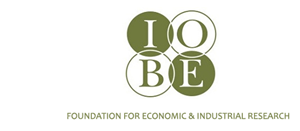 | ||
 | |||
| 19 March 2018 | |||
| The new growth model for Greece and financing through the Greek Stock Market | |||
| The new growth model for Greece | |||
| and financing through the Greek Stock Market | |||
 | |||
An event was held today, organised by the Athens Stock Market and the Foundation for Economic and Industrial Research (IOBE), for the presentation of a study prepared by IOBE with the title: "The new growth model for Greece and financing through the Greek Stock Market".
The goal of the event was to examine more closely the challenges and opportunities in the financing of the Greek economy in the coming years, the potential for attracting foreign investments, the support of the new growth model with the use of domestic and foreign financing, the role of Small and Medium-sized Enterprises (SMEs) and the special challenges they encounter in securing efficient financing. Another area of focus was the impact of the new technologies, as well as issues relating to the new European regulatory framework.
In his address, the Chairman of the Athens Stock Exchange and Chairman of Piraeus Bank, Mr. George Handjinikolaou, noted that "stock markets, in their broader sense, with the stock exchange in their core, can and must play a key role in financing the recovery of the Greek economy".
Euclid Tsakalotos, Minister of Finance, and Yannis Stournaras, Governor of the Bank of Greece, spoke at the event, whereas the presentation of the study was followed by a discussion, in which Sokratis Lazaridis, CEO of the Athens Exchange Group, and Nikos Vettas, General Director of IOBE, also took part.
During the 2008 - 2015 period the Greek economy lost 26.1% of its product. The return to a high growth rate is a matter of urgency for Greece, in order to gradually replenish the losses in its domestic product and to support the viability of the country's public finances.
A main reason behind the failure to return to the strong growth rate of the past by this time lies in the structural characteristics of the growth model before 2008, which was mainly based on the rise of domestic consumption, whereas the net contribution of the external sector on growth was negative. Moreover, the increase in consumption and investment spending was mostly the result of the inflation in public expenditure, followed by the government deficit, as well as the considerable widening of bank lending in the private sector. Relatively limited capital was raised during this period from the stock market. Therefore, the manner in which the Greek economy grew up to 2007 was not viable in the long-term, and a return to this growth model is not feasible or even desirable.
The return of the Greek economy to strong growth rates requires a change in the growth model, which must be built on the following key objectives: 1) Restricting the significance which consumer spending has in growth, 2) Strengthening the role of business investments, 3) Increasing the "net" contribution of the external sector, mainly through an increase in exports.
To attain these objectives it will be necessary, first and foremost, to facilitate investment and export activities for sectors which innovate and produce internationally competitive marketable goods and services, with a high added value and a multiplier effect on the Greek economy. The banking system has a limited capability when it comes to providing the resources which these sectors need. Raising the necessary capital to make the transition to the new growth model will require the development of financing forms alternative to bank lending. Financing through the domestic stock market can and must be utilised to a greater extent.
This study by IOBE reveals the correlation between stock market trends and the period of rapid economic growth up to 2007, the impact of the global financial crisis, as well as the domestic debt crisis. During periods of recession, fiscal adjustment, international financial crises, etc., the likeliest development in the domestic capital market, is that it will align with these trends. On the other hand, if the Greek economy enters a trajectory of recovery, the stock market is likely to follow it, as was the case for instance during the second half of 2013 and the first half of 2014.
The mid-term prospects of the Greek economy are then examined, along with the factors that will shape their outcome. Recovery of its growth potential will require a steady and strong increase of investments. Such an increase, however, cannot come from the same fixed capital formation categories as those of the 1995-2007 period (housing, means of transport). The study continues with estimates on the factors which will affect business investments in the coming years, simultaneously examining the correlation between investments and the priorities of a new growth model.
Sectors with the best growth prospects and a high probability of investments in the near future include the outward-looking sectors of processing, tourism, the transport and warehousing ecosystem of activities, and energy. The export activity of these sectors is substantial, and can contribute towards a change of the growth model of Greece. The development of public property is expected to have a catalytic effect on the realisation of investment plans in these and other activities. The fact that throughout its history, the Greek economy has been based on small and medium-sized enterprises, more than any other economy in the European Union, proves the key role which SMEs will be playing in a new growth model. The policies therefore that will be put into place to facilitate companies, as well as the other financing instruments that will be available to them, must take into consideration the needs, method of organisation and the aspects of SMEs.
This is followed by an examination of the financing instruments available through the Athens Stock Exchange and the manner in which they could contribute towards achieving the goals described above. These include the securitisation of receivables, share capital increases, bond issues, exchange traded investment funds, warrants. Of these, the first three are useful mostly to large enterprises. On the other hand, the Alternative Market (EN.A) of the Athens Stock Exchange, is a capital raising facility which is addressed to small and medium-sized enterprises. Features of EN.A. that facilitate access to it are its entrance criteria, which can be met by several of the medium-sized enterprises of Greece, as well as smaller ones.
Following the presentation of the available financing instruments, the study focuses on the policies that need to be implemented, both in Greece and at European Union level, to attract international capital. Domestically, they must aim at the achievement and maintenance of fiscal balance in the long-term, in order to boost confidence as regards the stability of the economy. This will require a change in the budgetary mix that led to the current budgetary position and is based mainly on tax increases, resulting in a high burden on entrepreneurship. Moreover, it is necessary to proceed with a settlement of the high public debt, by implementing mid-term relief measures and finalising the long-term measures mechanism. Equally necessary as the previous policies to enhance the attractiveness of the Greek economy is the need to continue with the structural changes, putting more weight on those related to businesses (relaxation of regulatory restrictions, reduction of administrative "encumbrances", extending the use of electronic transactions with the state, etc.).
At European-wide level, the stabilisation of the financial environment is a main priority, on the wake of the financial crisis of 2008. This is in fact the objective of the Banking Union in the EU. The relaxation or the lifting of restrictions on cross-border transactions and fund management will also be a major incentive that will attract international investment funds. However, in certain cases, the regulatory framework of the EU on cross-border payment transactions is relatively strict, for reasons such as investor protection. Tax incentives in the EU are considered significant for investment. Policies such as the establishment of a uniform corporate taxation method in the EU are considered by European business organisations important factors for boosting investment and increasing employment.
The study concludes by examining the role capital markets can play internationally, and therefore also in Greece, in supporting the viability of the insurance system. The primary reform trend in insurance systems seen recently is the transition towards a system that includes a funded branch under the state-controlled first pillar. In Greece, the main pillar of the pension system is the first one, in the framework of the social security system, with a redistributive role. The funded character of the domestic insurance system may be also reinforced with incentives for the development of the second pillar (professional funds) and the third pillar (individual funded plans). The Capital Market Union that is being promoted in the European Union can contribute towards the development of the funded character of the insurance system. However, an even more essential development for the restructuring of the domestic insurance system that will help reinforce its savings aspect will be the reform of the first pillar, by including a funded branch under it.
| Download the Press Release |  |
About Athens Exchange Group
The Athens Stock Exchange since its establishment in 1876, consistently participate in the financial and business developments in the country.
Athens Exchange Group (ATHEX Group), provides support to the Greek Capital Market. ATHEX Group operates the organized Equities and Derivatves markets, the alternative market and performs clearing and settlement of trades.
The Athens Stock Exchange, through its markets, offers solutions and financing tools to businesses, expands investor choice by providing a safe, stable and easy environment in full alignment with international practices and the European regulatory framework. It has held the ISO 22301:2012 international standard for Business Continuity, for all its companies, including all its operations as well as the products & services it provides.
In a period that the role of stock markets in exploring alternative ways of financing business, at a European level, is significantly enhanced, the Athens Exchange Group has taken a series of initiatives to highlight the attractiveness of the Greek Capital Market and the Greek companies to the international investment community and expand the variety of investment opportunities.
Its shares are traded on the Main Market of the Athens Stock Exchange (Symbol: EXAE).
The profiles of the ATHEX Group and its markets can be downloaded from the link. More information can be found in the website www.athexgroup.gr.
110 Athinon Ave. 10442 Athens, Greece, tel +30-210 3366 800, fax +30 210-3366 101
About the Foundation for Economic & Industrial Research (IOBE)
The Foundation for Economic & Industrial Research (IOBE) is a private, non-profit, public-benefit research organisation. It was established in 1975 with the dual purpose of promoting research on current problems and prospects of the Greek economy and its sectors and of generating reliable information, analysis and proposals for action that are non produced elsewhere and can thus be of high value to policy makers in the context of economic policy making.
In that sense, IOBE holds a unique position in Greek society: it is the only politically independent, non-partisan body dealing with major issues of the economy, and it aspires to being pro-active, that is, it seeks to identify, at an early stage, economic issues that can become crucial in the future and to propose timely solutions for these.
IOBE is enjoined by its statures to perform the following functions:
- To carry out applied research on basic structural and sectoral problems of the Greek economy as well as on various aspects of economic policy making.
- To monitor and analyse short-term economic trends, to record the business climate, and to prepare forecasts and evaluate prospects of the Greek economy.
- To provide reliable and continuously updated economic information about particular sectors of the Greek economy.
- To cooperate with foreign research institutions and international organisations on matters of common interest and to conduct multi-country research projects on economic issues and policies.
- To contribute to the public debate on economic issues
- To undertake sponsored and commissioned research projects that fall within its aims and purposes.
In carrying out its research work, the Foundation maintains a position of academic freedom and neutrality. The judgements expressed and the proposals contained in IOBE's publications are solely the responsibility of the researcher/writer and do not necessarily reflect the views and opinions of IOBE's members, governing bodies of financial supporters.
For more information about IOBE you can visit the Foundation's website at www.iobe.gr
11 Tsami Karatasou Street, 117 42, Athens tel. 210-9211 200-210, fax 210-9221 180
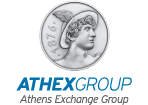




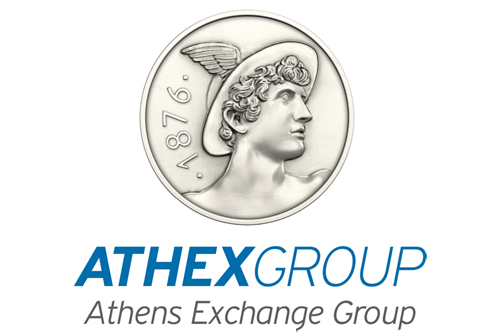

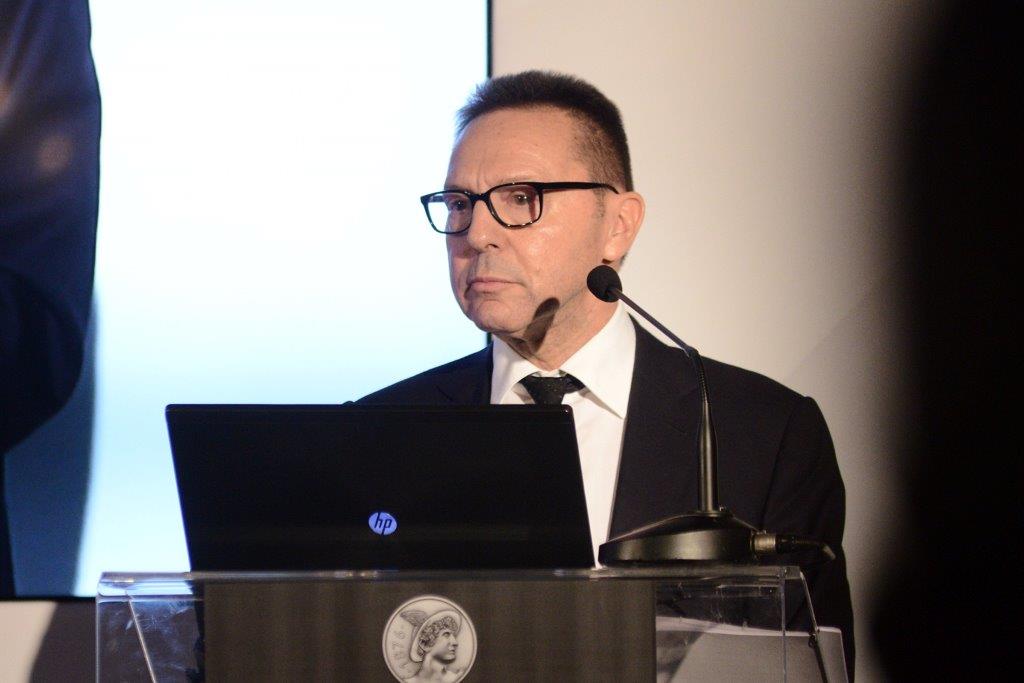
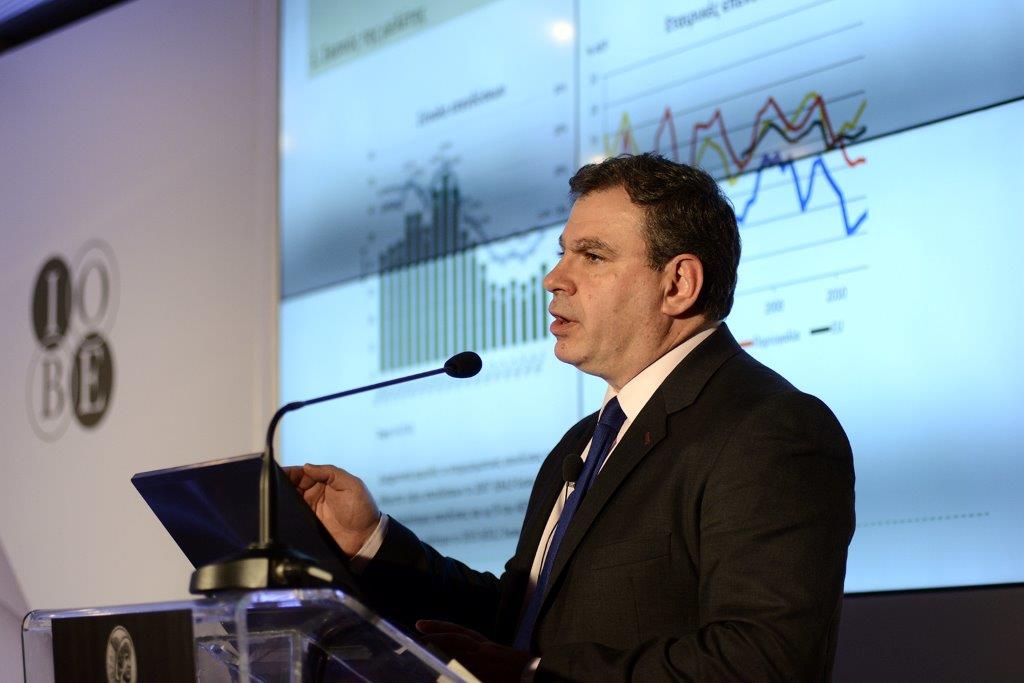
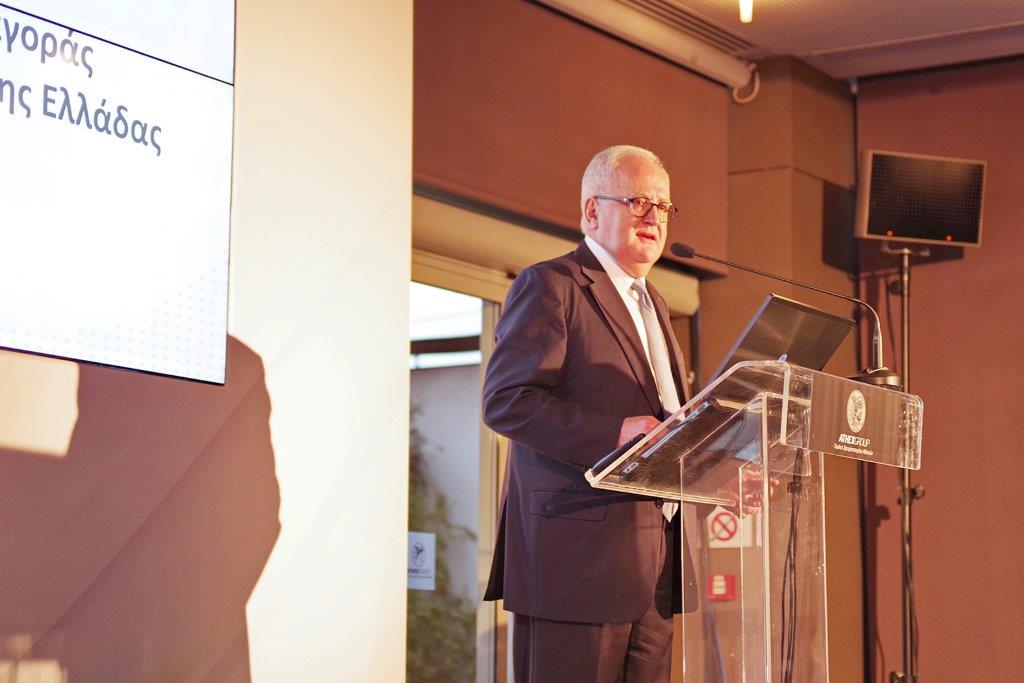



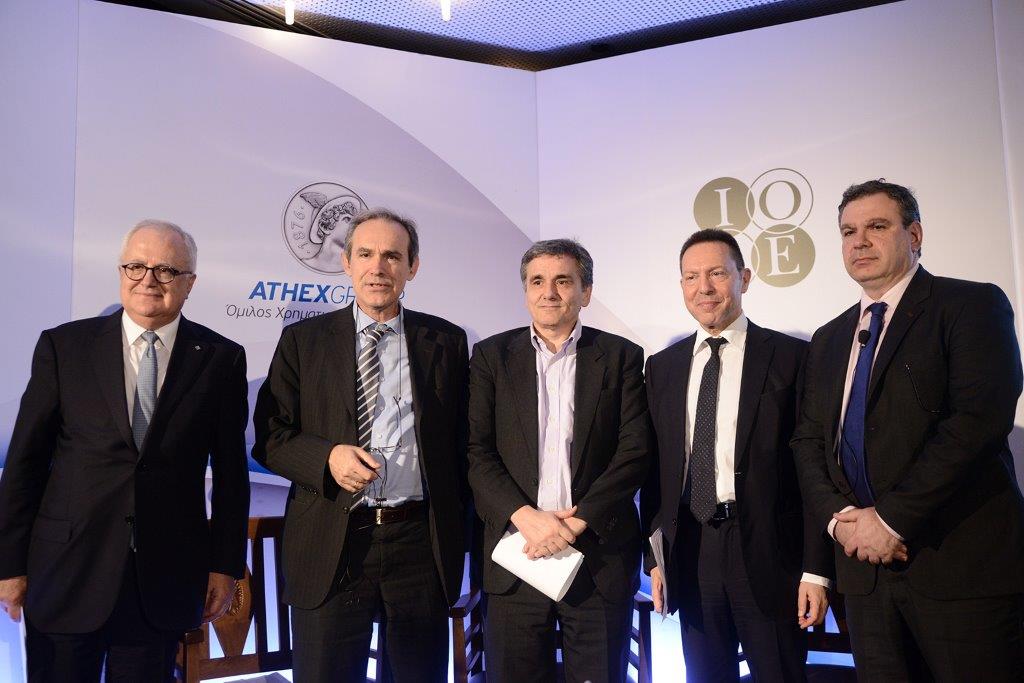

 ΙΝΤΡΑΛΟΤ_ΕΔ.pdf
ΙΝΤΡΑΛΟΤ_ΕΔ.pdf  AUTOHELLAS_PROSPECTUS.pdf.crdownload
AUTOHELLAS_PROSPECTUS.pdf.crdownload 
 Resolution No 22 Regulation of Technical Matters for Trading on ATHEX Markets 22022024
Resolution No 22 Regulation of Technical Matters for Trading on ATHEX Markets 22022024 
